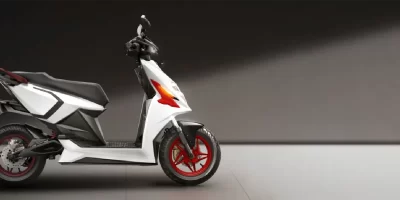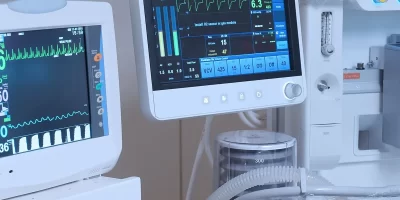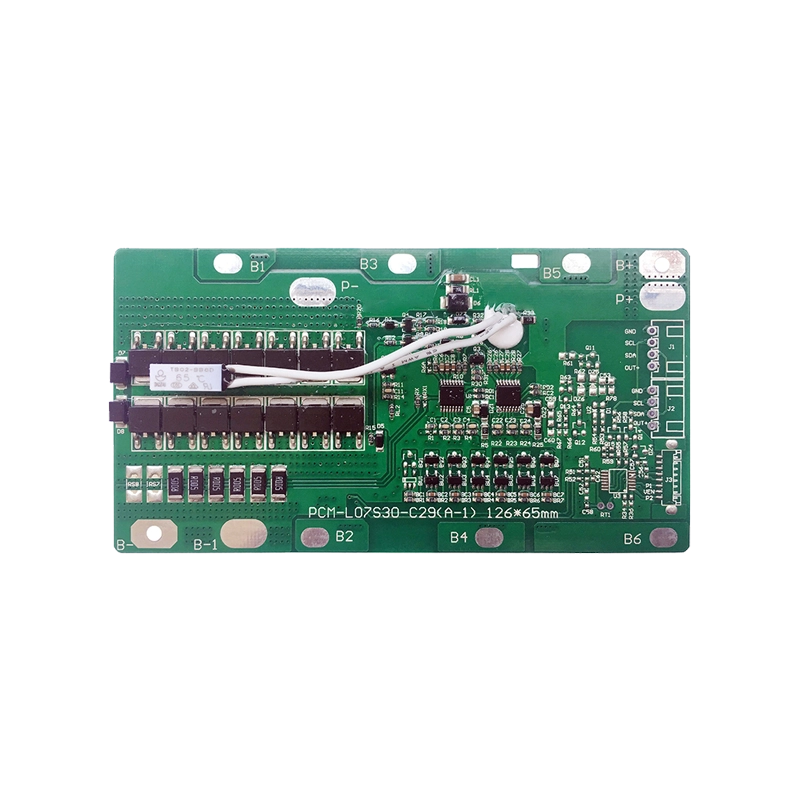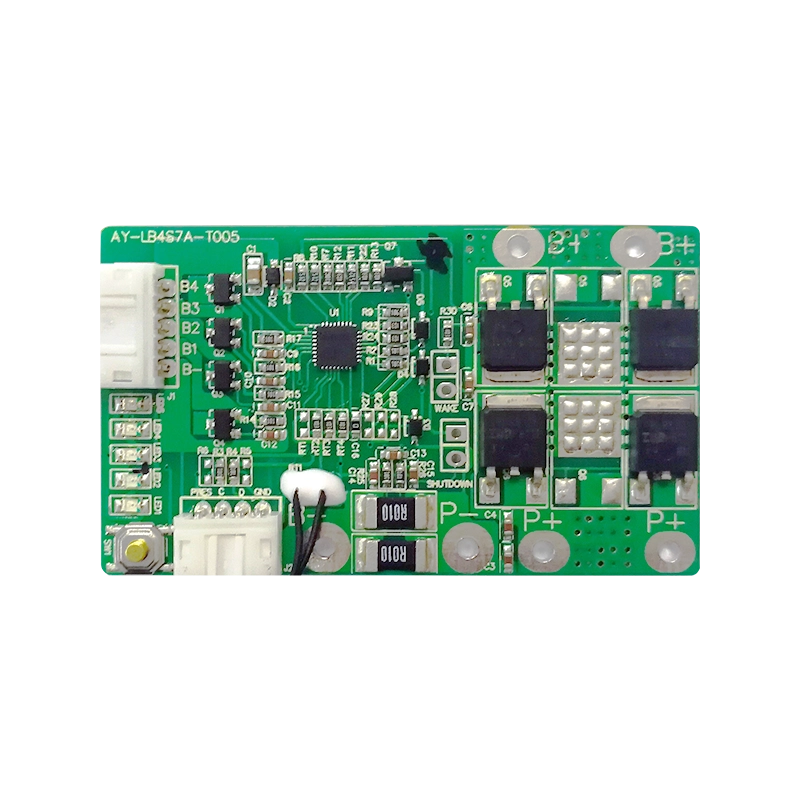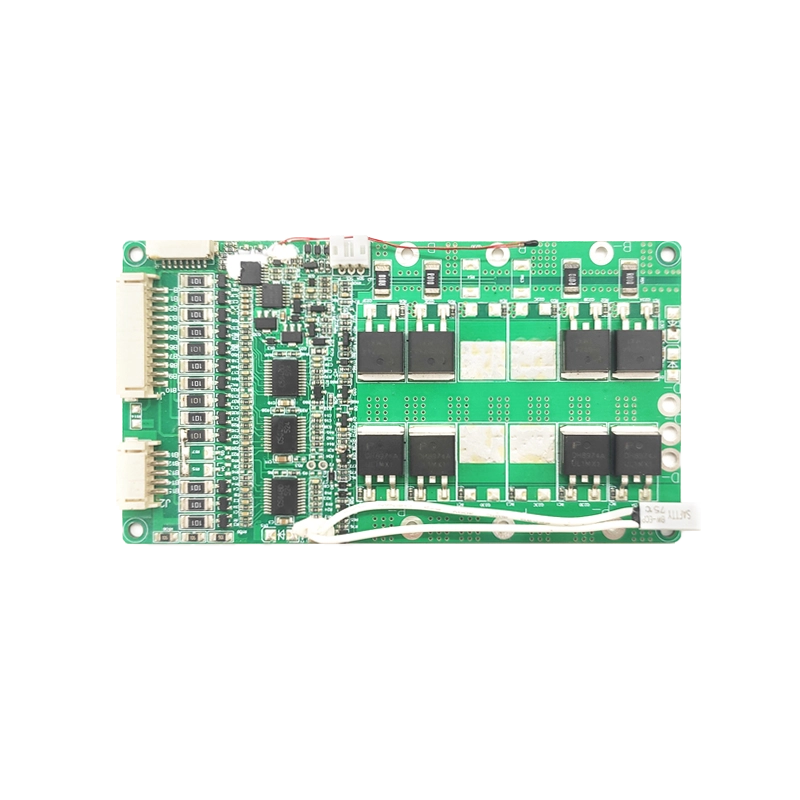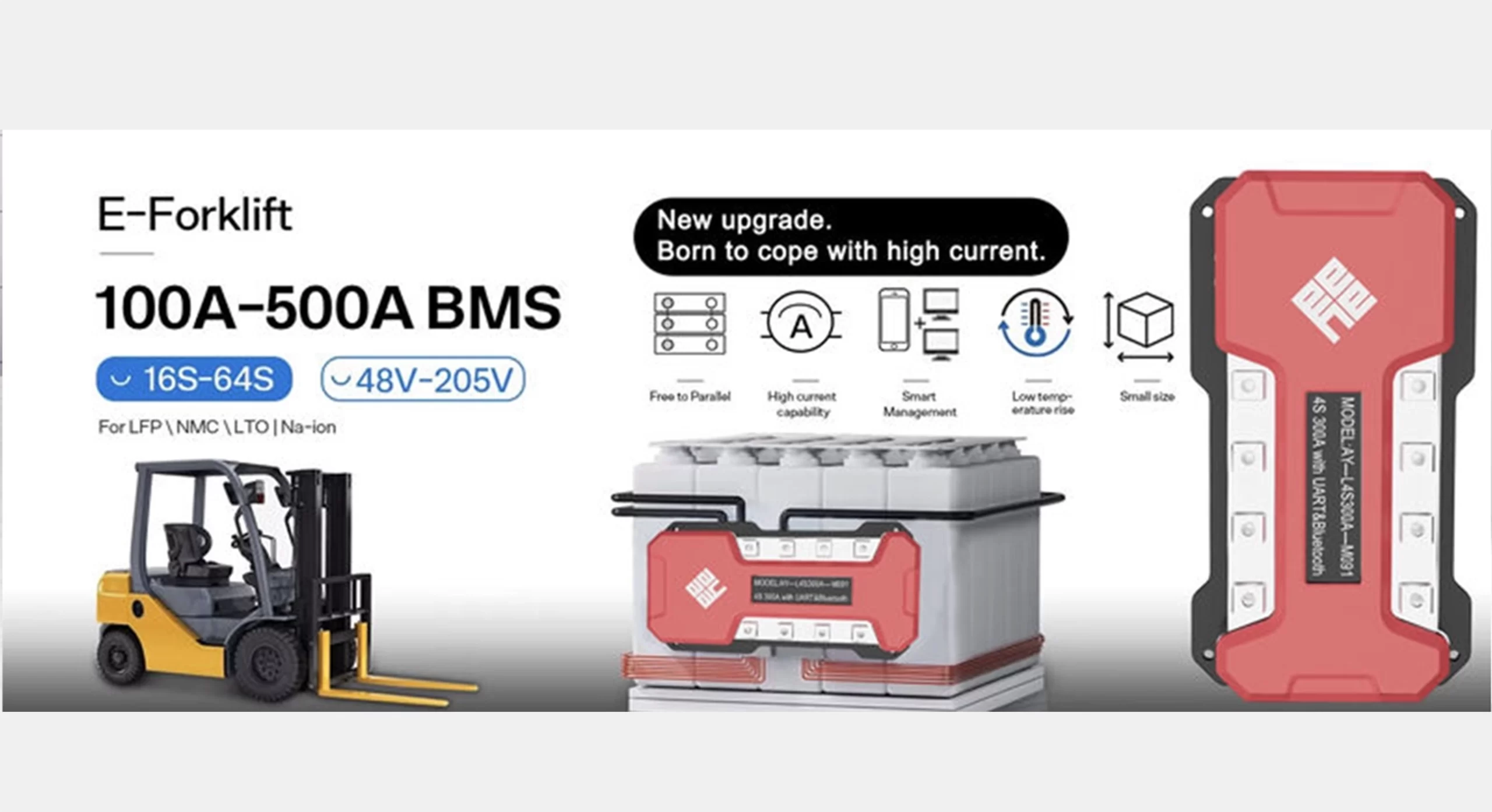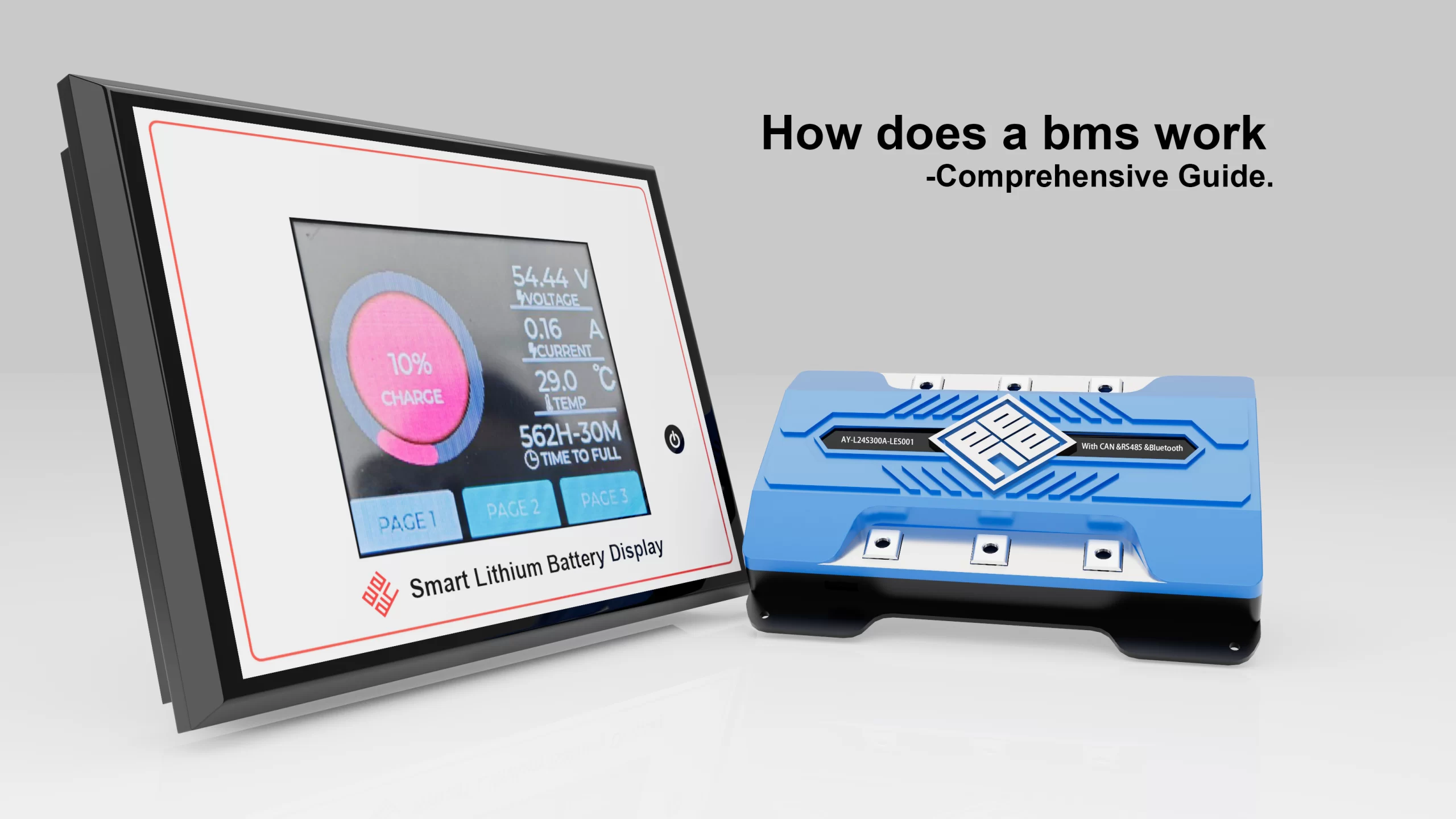ホームページ About Us EVENTS & NEWS How BMS Physiotherapy Equipment Enhances Medical Device Safety and Performance
How BMS Physiotherapy Equipment Enhances Medical Device Safety and Performance
How BMS Physiotherapy Equipment Enhances Medical Device Safety and Performance
In the modern world of rehabilitation technology and medical treatment, reliability, precision, and patient safety are non-negotiable.
Behind every high-performance physiotherapy device lies an intelligent system ensuring optimal power delivery and safe operation.
That system is the BMS physiotherapy equipment—a smart Battery Management System tailored for medical use.
We will take an in-depth look at how BMS physiotherapy equipment works, its structure and functional components, and the importance of BMS for physical therapy equipment.
What Is BMS Physiotherapy Equipment?
BMS physiotherapy equipment refers to the integration of a Battery Management System (BMS) into physiotherapy and rehabilitation devices that rely on lithium-ion battery packs for energy. These devices include:
Portable TENS and EMS units
Rehabilitation robots
Muscle stimulators
Laser therapy systems
The primary role of BMS physiotherapy equipment is to monitor, protect, and optimize the battery systems that power these critical medical tools, ensuring uninterrupted therapy sessions and patient safety.
How BMS Physiotherapy Equipment Works: Core Technologies
A BMS in physiotherapy equipment operates using several layers of hardware and software coordination. Here’s how:
1. Real-Time Monitoring
Voltage and Current Tracking: Ensures safe charge/discharge cycles
Temperature Monitoring: Prevents overheating of both battery and device
2. Data Processing and Decision Logic
SOC (State of Charge) and SOH (State of Health) estimates allow accurate battery status reports
Embedded firmware evaluates incoming data and responds with logical control actions
3. Protection Mechanisms
Overcharge/Overdischarge Protection
Overcurrent/Short Circuit Prevention
Temperature Control Shutoff
These functionalities are why BMS physiotherapy equipment is essential in any modern medical system relying on battery power.
Why BMS Physiotherapy Equipment Matters
In modern physical therapy, electronic devices play a crucial role in treatment accuracy, patient comfort and clinical efficiency.
As these devices increasingly rely on battery-powered mobility and portability, the integration of a battery management system (BMS) has become an important part of these devices.
1. Power Reliability for Critical Medical Functions
Physiotherapy equipment such as TENS units, portable muscle stimulators, ultrasound therapy devices, and powered rehabilitation tools must operate consistently without interruption.
A BMS ensures the battery always provides stable voltage and current, preventing sudden shutdowns that could disrupt therapy or risk patient safety.
2. Enhanced Patient Safety
Safety is paramount in healthcare environments.
A robust BMS monitors parameters like overcharging, over-discharging, overheating, and short circuits, protecting both the equipment and the patient.
This is especially important in contact-based therapies where device failure could cause discomfort or harm.
3. Accurate Battery Monitoring
Modern BMS solutions offer real-time data on battery State of Charge (SOC) and State of Health (SOH).
This helps physiotherapists and operators know when to charge the device or replace the battery, ensuring the equipment is always ready and minimizing downtime in clinical settings.
4. Prolonged Battery Life and Cost Efficiency
By balancing the charge across cells and preventing deep discharges, a BMS extends the life of the battery pack.
This reduces the frequency of battery replacement, leading to long-term cost savings for clinics, hospitals, or home care providers.
5. Portability and Convenience
Most physiotherapy equipment today is designed for mobile use—whether in home care, rehabilitation centers, or remote therapy sessions.
A well-managed battery system means devices can be lighter, last longer, and be used more flexibly, without the constant need for wall power or backup units.
6. Compliance and Medical Standards
Medical-grade equipment must meet strict international safety and performance standards.
A high-quality BMS helps manufacturers comply with regulations such as IEC 60601, which govern electrical safety in medical devices.
7. Integration with Smart Technologies
Some advanced physiotherapy tools are now equipped with IoT connectivity, remote diagnostics, or app-based controls.
A smart BMS with communication modules (like CANBus or Bluetooth) enables data sharing between the battery system and external health monitoring systems, enhancing both patient care and system diagnostics.
Product Spotlight 1: PCM-L07S30-C29
Shenzhen Ayaa Technology’s PCM-L07S30-C29 is a robust solution for mid-sized physiotherapy devices that require moderate voltage and intelligent monitoring.Key Features:
Voltage Range: 7S lithium-ion series
Current Support: Optimized for up to 30A
Smart Functions: Includes overvoltage, undervoltage, and temperature protection
Applications: Portable EMS units, muscle stimulators
This model brings stable power and safety assurance into compact medical devices, a testament to high-quality BMS physiotherapy equipment.
Product Spotlight 2: AY-LB4S7A-T005
Designed for smaller physiotherapy units, the AY-LB4S7A-T005 offers compact design without compromising performance.Highlights:
Voltage Range: 4S lithium-ion configuration
Advanced Communication: Supports UART protocol for device-to-device communication
PCB Material: Flame-retardant, medical-grade board design
Applications: Handheld rehabilitation devices, TENS units
With its size, functionality, and protection features, it exemplifies precision-designed BMS physiotherapy equipment for handheld applications.
Product Spotlight 3: PCM-L13S20A-A44V4
For advanced physiotherapy systems with larger energy demands, the PCM-L13S20A-A44V4 offers unmatched flexibility and scalability.Technical Advantages:
Voltage Range: 13S lithium-ion support
Parallel Compatibility: Supports multi-battery parallel applications
Communication Protocols: Includes RS485 for hospital system integration
Use Cases: Rehabilitation beds, robotic physiotherapy arms
This model is ideal for large-format systems where consistent performance and high energy availability are essential.
Product Comparison Table
PCM-L07S30-C29 7S 30A Standard I/O Application:EMS/Muscle Stimulator Units
AY-LB4S7A-T005 4S 7A UART Application:Portable TENS, Handheld Rehab
PCM-L13S20A-A44V4 13S 20A RS485 Application:Robotic Therapy, Rehab Beds
Each of these models illustrates how tailored BMS physiotherapy equipment enhances energy management across device categories.
FAQ
Q:What is a BMS device?
A:Battery management system (BMS) is technology dedicated to the oversight of a battery pack.
Which is an assembly of battery cells, electrically organized in a row x column matrix configuration to enable delivery of targeted range of voltage and current for a duration of time against expected load scenarios.
Q:How does BMS protect battery?
A:BMS is typically equipped with an electronic switch that disconnects the battery from charger or load under critical conditions that can lead to dangerous reactions.
A battery protection unit (BPU) prevents possible damages to the battery cells and the failure of the battery.
Q:Why is BMS required?
A:The BMS controls battery operations within the ideal range by continuously monitoring the SOC, SOH, and other crucial factors.
This entails safeguarding against deep discharges and controlling the charge cycles to reduce capacity loss and deterioration over time, hence extending the battery’s usable life.
Why Shenzhen Ayaa Technology Leads in BMS Physiotherapy Equipment
With 20+ years in BMS innovation, Shenzhen Ayaa Technology Co., Ltd. has become a trusted partner for global OEMs in the healthcare sector. Here’s what sets them apart:
400+ BMS Models: Voltage support from 1S to 35S, current from 1A to 320A
Medical-Grade Standards: Fireproof PCB, low EMF design, global compliance (CE, RoHS, UN38.3)
Smart Communication: Bluetooth, UART, RS485, CAN
Modular Design: Supports passive/active balancing, parallel battery structures
Global Support: Used in the US, Germany, Japan, and beyond
If you’re seeking a safe and intelligent power solution, BMS physiotherapy equipment from AyaaTech is built to exceed expectations.
As physiotherapy and medical equipment evolve toward portable, battery-powered solutions, the role of BMS physiotherapy equipment has become mission-critical.
From ensuring patient safety to extending device lifespan, these smart systems form the technological backbone of modern care.
Shenzhen Ayaa Technology Co., Ltd. continues to drive innovation, reliability, and global trust in the field of medical battery management.
When it comes to powering physiotherapy with safety and intelligence, AyaaTech leads the way.





